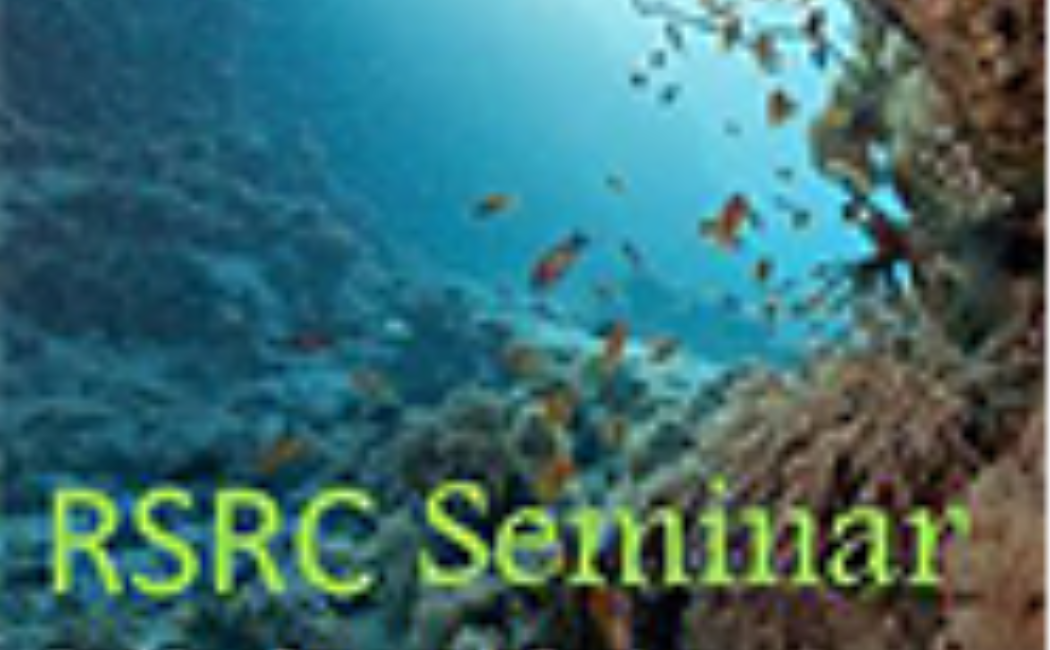


Speaker 1: Juan Antonio Ruiz Santiesteban
TITLE:
DNA Methylation in the demosponge Amphimedon queenslandica is involved in genomic evolution and transcriptional regulation.
SUMMARY:
DNA methylation is an epigenetic mechanism with roles that go from the fine tuning of transcription to genome wide dynamic acclimation to changing environments. While recent work have confirmed its presence and regulatory functions in non-bilaterian animals, its role and distribution in Porifera has not been addressed before. In this study, we performed whole genome bisulfite sequencing in the demosponge Amphimedon queenslandica to characterise DNA methylation in a sponge for the first time and with the best possible resolution. In addition to addressing typical associations between gene body methylation and transcriptional regulation, analyses of Amphimedon and other sponge genomes were also performed to reveal a remarkable footprint of DNA methylation on their composition.
Speaker 2: Marcela Herrera Sarrias
TITLE: Transcriptomic analysis of Symbiodinium microadriaticum in hospite under acidification stress reveals differential expression of photosynthesis-related genes
SUMMARY: The capacity of coral reefs to adapt to environmental changes has been a hot topic over the last decades. Ocean acidification is transforming the chemistry of the oceans, the average seawater pH has already declined by 0.1 units since the preindustrial era and it is predicted to decrease by 0.5 units by the year 2100. Previous work has evaluated the physiological impact of low pH, but particularly in relation to coral growth and calcification. In this study, we investigated the transcriptional changes of Symbiodinium microadriaticum in the Red Sea coral Stylophora pistillata under long-term acidification stress. Our results revealed an increased expression of genes related to photosynthesis and carbon fixation processes in corals subjected to high pCO2.